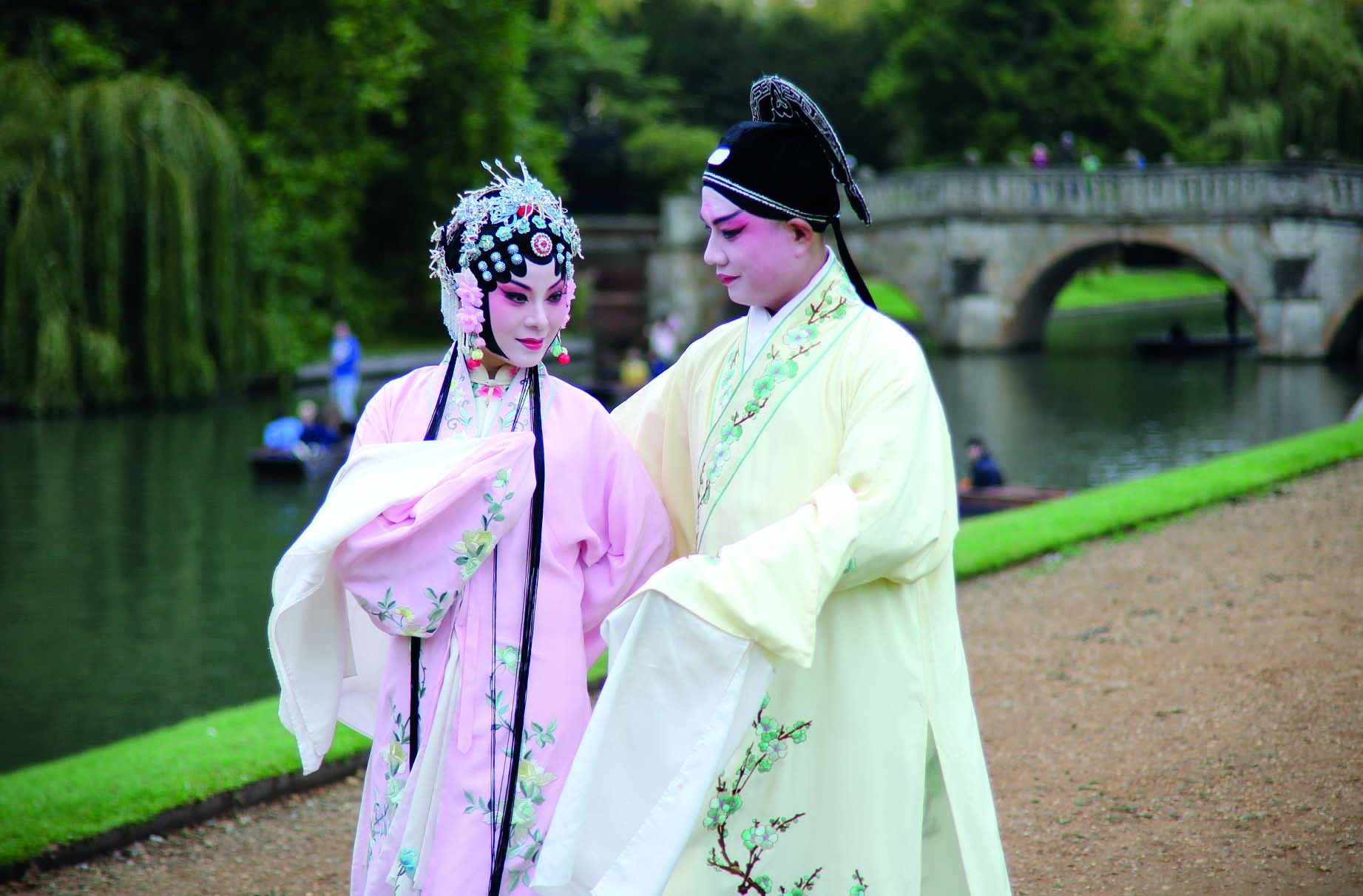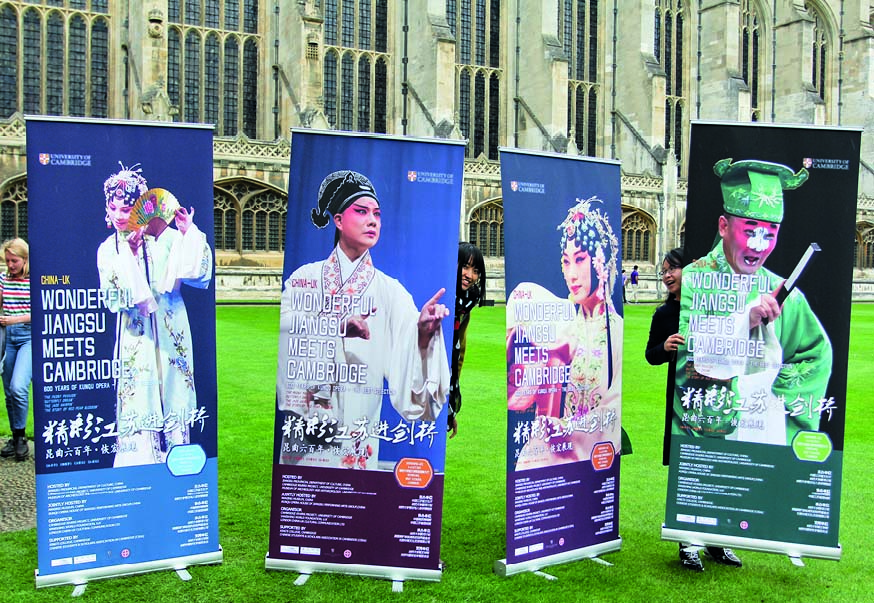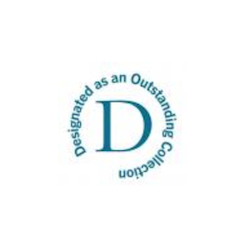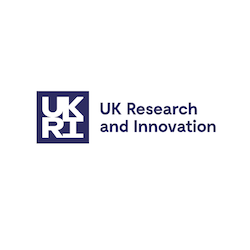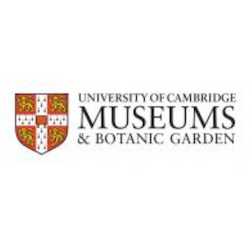The Digital Museum of Global Chinese Kun Opera project is hosted by Cambridge Rivers Project (CRP) at the Museum of Archeology and Anthropology (MAA), University of Cambridge. The project started in October 2016 and will collect, document, research, and exhibit collections of Chinese Kun Opera that are in organisations worldwide. The thematic selection and research of objects and archives will lead to the establishment of digital museums and the curation of digital exhibitions in the UK and China. It will be based at the MAA in Cambridge, co-operating closely with King’s College, the Fitzwilliam Museum, the University Library, as well as other UK and European based museums and libraries.
In May 2001 Kun Opera was listed among the Masterpieces of the Oral and Intangible Heritage of Humanity by UNESCO. Kun Opera is lyrical, melodious and moving, and is one of the oldest surviving types of opera in China, with a history of over 600 years. Many types of traditional Chinese operas have developed from Kun Opera and it is referred to as ‘the mother of traditional Chinese operas’. The costumes, instruments, music and stage props of these operas present a rich source of Chinese cultural heritage.
This three-year project is co-funded by Jiangsu Art Foundation (China), Vanishing Worlds Foundation (UK), Cambridge Rivers Corporation (UK) and UK-Jiangsu Culture & Commerce Association. It is the first bilingual project of its kind, presenting the worldwide collection of Chinese traditional opera in digital and interactive form.
Professor XU Yaoxin, the Chairman of Jiangsu Art Foundation and Ms. WANG Hong the Director of UK-Jiangsu Culture & Commerce Association visited Cambridge in 2015 and staged Kun Opera at King’s College. They visited MAA and were very impressed by the abundant collections of Chinese artefacts housed there. They were encouraged to support this important project. Since Kun Opera best represents the traditional Chinese culture of art, music and opera, Professor Xu believes this project will provide the opportunity for a new audience outside China to understand Chinese ancient civilisation. In the past two centuries, a wealth of Chinese cultural artefacts has been collected and transported overseas to a variety of organisations. We are extremely grateful for their generous support, which will allow people from different countries to access and experience these international treasures of Chinese cultural heritage.
This Digital Museum of Global Chinese Kun Opera Project not only collects artefacts from China and Overseas, but also promotes Kun Opera as a contemporary living art form. It will provide information about worldwide tours, workshops and support innovative art projects inspired by Kun Opera.
Background: Kun Opera Performances in Cambridge 2015-2016
The background to this project can be traced to two recent performances of Kun Opera in King’s College, University of Cambridge. October 2015 witnessed the first instance of this example of Intangible Cultural Heritage performing in the University of Cambridge; the event was a truly memorable occasion and many students and scholars enjoyed a very special evening. In September 2016, a series of events under the theme “Kun Opera UK Tour” organized by Jiangsu Art Foundation again came to Cambridge, attracting great attention from British artists, experts and media. This event included the performance of Kun Opera and talks by Chinese and British experts on Tang Xianzu and Shakespeare, to commemorate the 400th anniversary of the death of those two world masters.
The Three-Year Project
The three-year project (2016-2019) will be directed by the Cambridge Rivers Project and partnered with Jiangsu Culture Information Center (China).
In the first year, the project will focus on the collections in Cambridge, in particular the Chinese classical musical collection of Cambridge biologist and zoologist Laurence Picken. Picken made a great contribution to Classical Chinese studies, attracting research students from all over the world, and by the 1970s he had made Cambridge an international centre for ethnomusicology. During his research, Laurence collected 700 Oriental musical instruments, and more than 100 objects are Chinese and most of them were played in Kun Opera. It will be the first public exhibition of Laurence Picken’s Collection. The project will also look at the librettos of Kun Opera housed in the University Library and also Chinese fans housed in the Fitzwilliam Museum.
In the second and third year, the project will further explore the collections about Kun Opera that are housed in other institutes in the U.K and Europe.
Cambridge Rivers – Tang Xianzu Grant
The Rivers Project Committee has set up the Cambridge Rivers – Tang Xianzu Grant, which includes Digitization Grants, Research Grants and Innovation in Art Grants. UK or European organizations that house collections about Chinese Kun Opera are eligible to apply for the digitization grant, whilst the research grant is open to scholars who will join the research team as a researcher or advisor. The Art Grants are open to individual artists and organisations.
Brief Introduction of Cambridge Rivers Project (CRP), University of Cambridge.
‘Spreading knowledge of different cultures through teaching and research’
The Cambridge Rivers Project is dedicated to innovation and communication in anthropology. In particular, it is concerned with collecting and conserving information about disappearing worlds and spreading knowledge of different cultures through teaching and research, making material available on a broad range of cultures in Asia and the West through the use of a multimedia databases and the internet.
In recent years, CRP has focused on digital museum and archive projects. It conducts research and presents objects and archives collected in different organizations, sharing the knowledge with a global audience through publications, exhibitions, workshops and online platforms. Alongside academic research projects, it hosts cultural exchanges between the UK and Asia in the fields of poetry, opera, art, literature, film and photography.
The Cambridge Rivers Project was founded by historian and anthropologist Professor Alan Macfarlane FBA, and was launched in 1983 within the Department of Social Anthropology, University of Cambridge. It has been affiliated to the Museum of Archaeology and Anthropology since October 2014 and also associated with King’s College, Cambridge. CRP is named after one of the founders of modern fieldwork anthropology and a distinguished doctor, the Cambridge academic WH Rivers, who went on the second Torres Straits anthropological expedition with AC Haddon in 1898.
In the past 34 years, CRP has been supported by several respected scholars, entrepreneurs and organizations; in particular Professor Sir Jack Goody, Sir Charles Chadwyck-Healey and Professors George and Laura Appell. It has also been generously supported by The Leverhulme Trust, The Economic and Social Research Council, The Nuffield Foundation, Vanishing Worlds Foundation, The Renaissance Trust, The Firebird Foundation (USA) and Kaifeng Foundation (China).
The project is currently chaired by its founder Professor Alan Macfarlane, FBA and directed by Zilan Wang.


